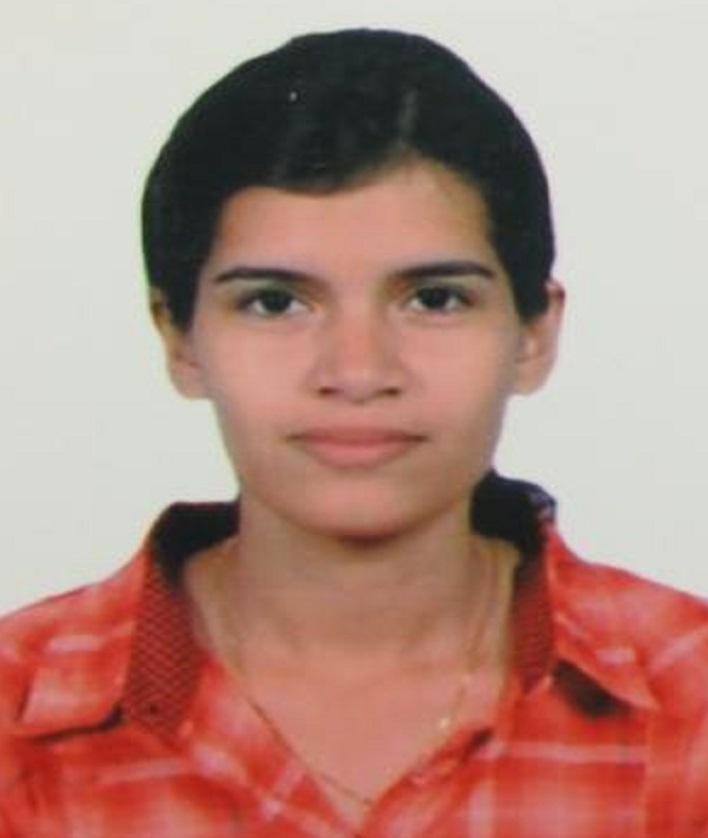Conflict Alerts # 11, 20 October 2019
 Nidhi Dalal
Nidhi Dalal In the news
This week, Turkey agreed to halt its offensive for five days in northern Syria, following the meeting between the US Vice President Mike Pence and President Erdogan. The Syrian Democratic Forces (SDF) fighters would pull back from the 20-mile' safe zone'.
Erdogan will meet the Russian President Vladimir Putin next week. This is important after the Russian troops were invited by the SDF to defend against the Turkish forces. The SDF, in a reversal, has also requested the Syrian forces to help them.
Issues at large
Turkey has launched an offensive against the Kurds dominated region in Syria. The latter was an essential link in the SDF-led coalition forces and an important ally of the US in their war against the ISIS. They are spread across Iraq, Syria, and Turkey.
Recently, Trump made a sudden announcement to pull out the US troops from Syria. Immediately Turkey has launched an offensive across the Turkey-Syria border, targeting the Kurdish forces in Syria. Fighter jets and tanks were used to bombard in the name operations against terrorists. Turkey's objective is to create a safe zone along the Syrian border.
Turkey has been facing Kurd separatism within its territory for long. There were a series of terrorist attacks by the Kurd separatists in the cities of Ankara and Istanbul. Turkey believes that the Kurds within its territory have cross-border linkages with Syria. Turkey has nearly 17 provinces with 20 million Kurdish inhabitants. Turkey also aims to create a 'safe zone' in the region so as to concentrate Kurdish opposition in the least amount of territory, and mostly out of its sovereign boundaries.
Europe and the US have condemned the offensive launched by the US.
In perspective
Turkey's offensive is likely to destabilize the region and negate the successes against the ISIS during recent years. According to reports, the ISIS fighters who were kept in captive escaped, due to Turkey's bombing. The ISIS could bounce back.
Second, Russia will become the biggest benefactor of Turkey's offensive. With the US pulling out, it provides a space for Moscow to shape the region to suit its interests. However, it would not be a comfortable balance for Russia; it has to work with both Syria and Turkey, and in the process also achieve its objectives.
Third, Trump's sudden pullout is bound to impinge on the US credibility in the region. The US could have phased out its withdrawal with a definite time table.
Finally, the Kurdish question in the region is likely to return and gain greater salience. With their presence across three countries – Turkey, Syria and Iraq, the Kurdish question is likely to pose a bigger challenge to this region.
Nidhi Dalal is a Research Intern at the International Strategic and Security Studies Program, National Institute of Advanced Studies. She can be reached at nidhidalal93@gmail.com